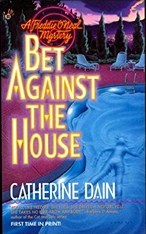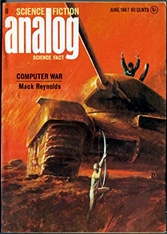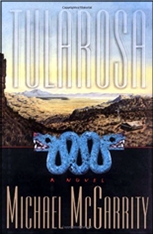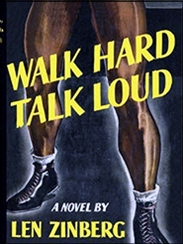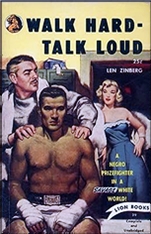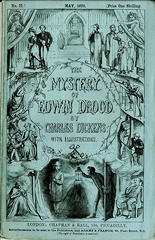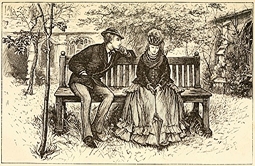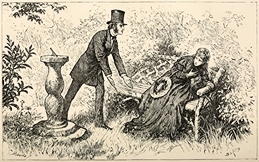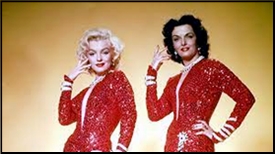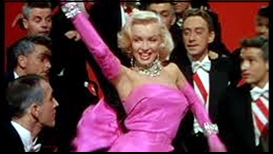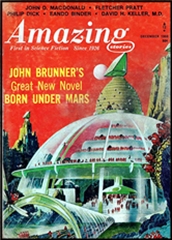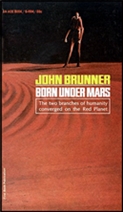REVIEWED BY DAVID VINEYARD:
ARTURO PEREZ-REVERTE – What We Become. Spanish title: El Tango de la Guardia Vieja. Atria Books, US, hardcover, 2016. Washington Square, US, softcover, 2017.

There was a time when he and his rivals had a shadow existence. And he was the best of them… at least once in his life he was capable of betting everything he had on the table of a casino and traveling home by tram car, cleaned out, whistling “The Man Who Broke the Bank at Monte Carlo.â€
There comes a time when I want to settle down with a sweeping romantic novel, mind you not a Romance novel, nor a Gothic novel, nor yet a love story. The Romantic Novel need be none of those things. Instead it is a broader definition of romance, of travel to exotic locations, adventure, of high personal stakes and of human emotions under pressure.
Arturo Perez-Reverte, the bestselling Spanish writer whose novels The Club Dumas (filmed as The Ninth Gate with Johnny Depp), The Seville Connection, and his books about Spanish Renaissance era mercenary soldier Captain Alariste (a two hour film with Viggo Mortenson and a streaming television series) are virtually the definition of a modern Romance novelist, particularly works like The Nautical Chart, The Fencing Master, The Siege, and Queen of the South, which has become a popular international streaming channel hit and remains one of my personal favorite modern novels.
It is almost impossible to read Perez-Reverte and not think of old Warner Brothers films and Bogart or Cary Grant with Ingrid Bergman or Lauren Bacall a lush Max Steiner score and Peter Lorre and Sydney Greenstreet lurking in the background.

With What We Become Perez-Reverte gives us a tale with echoes of Casablanca, Notorious, and To Catch a Thief that spans across multiple decades as two lovers cross paths at different crisis of their lives and that of the world around them.
The lovers are Max Costa and Mercedes (Mecha) Inzunza. Max, a suave thief (eventually Legionaire, deserter, spy, con man, and poseur) is crossing the Atlantic to Buenos Aires on a luxury liner, working his way across dancing with wealthy passengers.
Among those passengers is Mecha, a young bride of a famous composer, Armando de Troeye, who finds herself swept away during a tango by the dashing thief and plunged into a passionate if short love affair in decadent 1928 Buenos Aires. That affair ends as suddenly as it began.
They meet again in 1937 in Nice in the shadow oncoming world war and renew their passion briefly as Max crosses the path of a Spanish spy and again their love affair is cut short.
“I never liked wars. Men like me are usually on the losing side.â€
Finally an aging Max and Mecha meet in Sorrento twenty-nine years after they first met in the shadow of the Cold War where his passion for Mecha, her adult son (who undoubtedly has Max’s smile) there for a chess match with a Russian master, and Max subtly blackmailed by Italian agents, though he is too old for the game.One last theft ties them all together and one last temptation and salvation of sorts.

…all the lies, the doubts and disasters, rooms in boardinghouses and squalid dwellings, fake passports, police stations, prison cells, the humiliations of recent years, loneliness and humiliation, the dim light of endless bleak dawns…
Part Eric Ambler, part Graham Greene, with Perez-Reverte’s uniquely Spanish voice coloring the tale, the book is by turns erotic, kinky, elegant, brutal, violent, suspenseful, and evocative of a Europe that once was of nervous borders crossings, great poverty, and great wealth, moving from the glamour of pleasure palaces to seedy clubs and seedier assignations (Lions at the Kill wasn’t a bad name, but it promised more than it offered.) evoking Harold Robbins or Sidney Sheldon one instant and Alexandre Dumas pere or Raymond Chandler the next without missing a beat.
Arturo Perez-Reverte has yet to disappoint me, whether hinting at something diabolical in the old book trade, uncovering secrets in an ancient church, exploring the international drug trade, swashbuckling through the Inquisition, pitting a fencing master against his deadliest student, investigating a serial killer in the middle of a city under siege, or taking on a Conradian treasure hunt his voice and style are unique, his style evocative of past masters and defiantly unapologetically and gloriously literary, new, and literate.
I can’t promise you, but I don’t think you will ever hear “The Man Who Broke the Bank at Monte Carlo†quite the same way after you meet Max.
